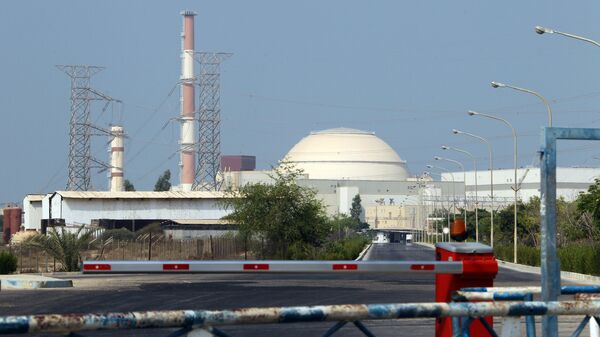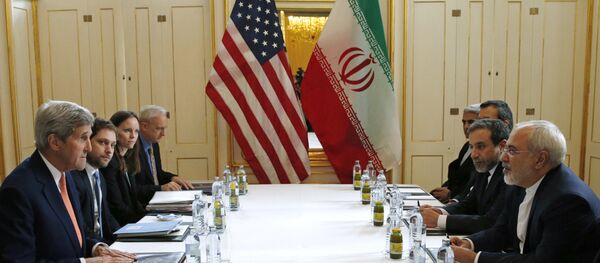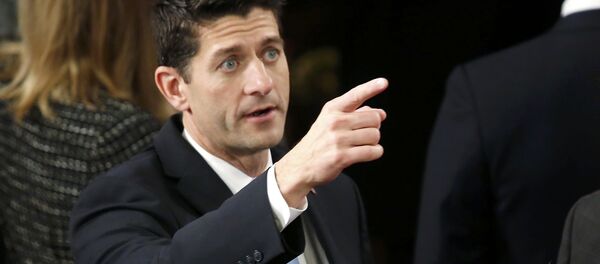"The deal was a huge prize for peace and stability in a troubled region, particularly as we weep at the humanitarian catastrophes in Syria and Yemen. Getting Iran back to the diplomatic table to solve those conflicts is a crucial part of what this new strategy can achieve," Howitt said as quoted by the parliament press service.
According to Howitt, a member of the Group of the Progressive Alliance of Socialists and Democrats, several years ago there was no engagement between Iran and Europe, while the 2015 nuclear deal became a milestone in reviving the country’s relations with Western nations.
"There are people who want to keep Iran weak and isolated. The consequence of the agreement breaking down would be Iran returning towards nuclear proliferation, an immediate security threat for the Gulf region and Israel. There would be no dialogue on improving human rights and ultimately the Iranian people would lose out more than anyone," the lawmaker pointed out.
In July 2015, the P5+1 group of countries comprising the United States, Russia, China, France and the United Kingdom plus Germany, reached an agreement with Iran to ensure Tehran’s nuclear program remained peaceful in exchange for the relief of nuclear-related sanctions.
In mid-January, the sanctions were removed after the International Atomic Energy Agency verified Tehran’s compliance with the deal.




